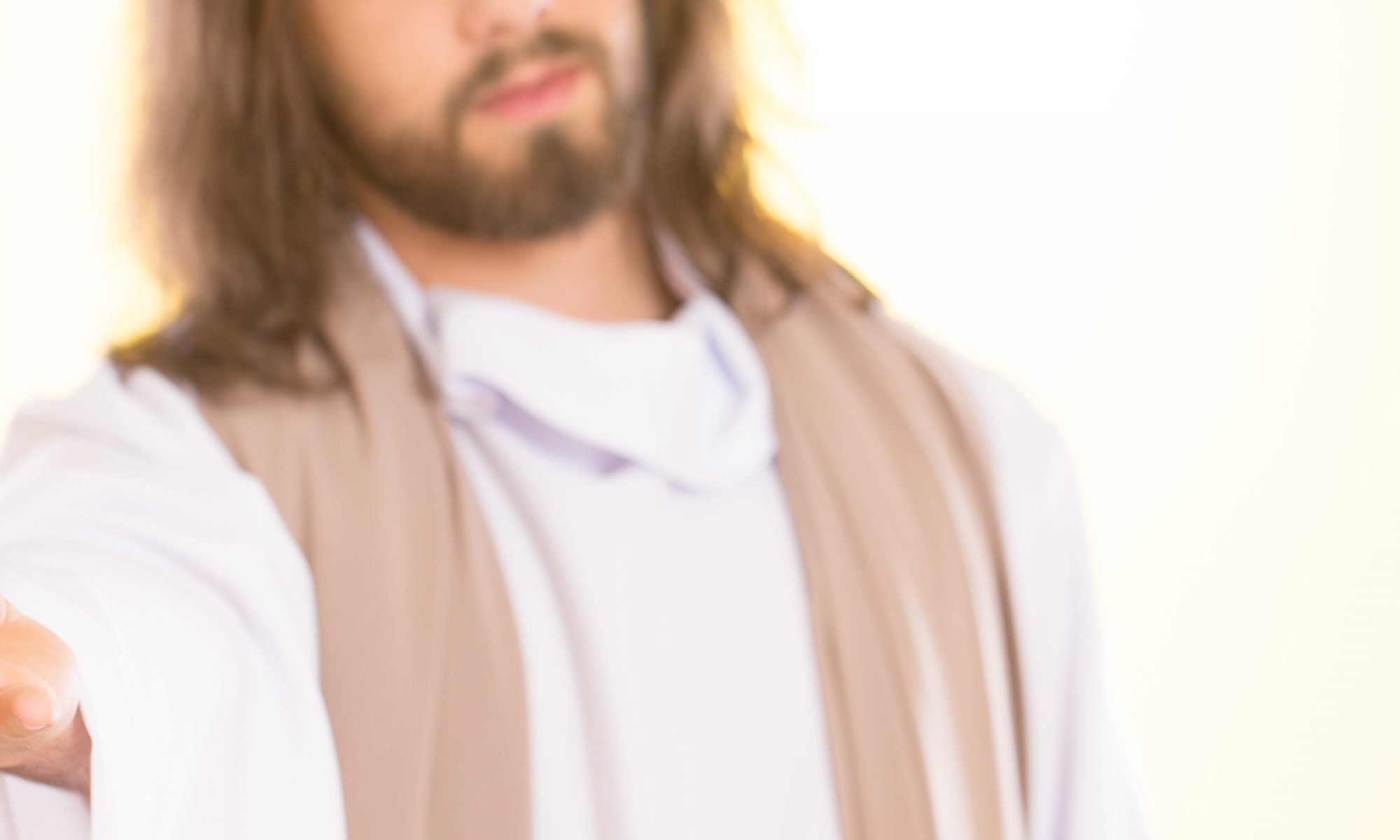
I enjoy listening to podcasts and individual YouTube hosts from time to time. I see it as a way to escape the “matter of fact” type of daily news. I also get an opportunity to listen to journalists that offer commentary and their own “brand” opinions that I may or may not agree with but find entertaining.
I was listening to a recent podcast where the host frantically advocated gun ownership! His reasons ranged from “insurance of personal freedom” to “just in case” the riots come to a town near you!
Although I understand the sentiment, I struggled with the concept of being “reactionary” to a threat, whether real or imagined. It seemed intuitive for one to want to protect their home, their loved ones, and their business, but at the same time seemed to run counter to what scripture teaches us.
Be that as it may, this host was not alone in his concerns.
It seems everywhere we look; society is in an uproar over the current pandemic, unemployment, and racial tensions.
A recent headline on Forbes.com read, “Gun sales are off the charts.”
The article went on to say, “U.S. consumers are rushing to buy guns as the Covid-19 pandemic and protests over police brutality combine with U.S. presidential politics to fuel unprecedented demand.”
The Bureau of Labor Statistics recently cited, roughly “16 million” people are out of work and although there were “notable job gains [July 2020] occurred in leisure and hospitality, government, retail trade, professional and business services, other services, and health care” we are experiencing the highest rate of unemployment since the Great Depression.
With constant news reports on society’s current situation and the U.S. economy, there is no wonder why many have reacted negatively and find little optimism for the immediate future.
Reactions Based on What We See and Hear
People want to acquire more guns in response to what they see going on in society. In addition, we are seeing increased mental health issues. Many have reported increases in depression and anxiety given the current quarantine in cities across the nation.
The Centers for Disease Control and Prevention (CDC) cited increases in anxiety, depression, and suicidal ideations since the pandemic began. The CDC reported, “During June 24–30, 2020, U.S. adults reported considerably elevated adverse mental health conditions associated with COVID-19. Younger adults, racial/ethnic minorities, essential workers, and unpaid adult caregivers reported having experienced disproportionately worse mental health outcomes, increased substance use, and elevated suicidal ideation.”
And yet, while these reactions are understandable, the scriptures offer hope for believers in hopeless situations.
“Fear not, for I am with you; be not dismayed, for I am your God; I will strengthen you, I will help you, I will uphold you with my righteous right hand.” (Isaiah 41:10)
“Blessed is the man who trusts in the Lord, whose trust is the Lord.” (Jeremiah 17:7)
“We have this as a sure and steadfast anchor of the soul, a hope that enters into the inner place behind the curtain” (Hebrews 6:19)
Moreover, scripture tells us NOT to react and make decisions based on present conditions and are encouraged to trust God for our needs… as our source.

Jesus began the topic of how needless worrying is by making the point about the inability to serve two masters (Matthew 6:24). This idea may be a striking revelation to many of us today because while we hold the truth of this verse to be self-evident, we rarely apply in our capitalist society to concern over our daily sustenance. And yet, this application is precisely how Jesus desires us to apply His teachings.
We have come to consider the daily grind of making a living as something honorable and righteous… and in most cases, it is. But Jesus is not speaking against an honest vocation, but against seeing that vocation as how we supply our needs. When we pay more attention to the MEANS rather than the SOURCE of our living, we are, in effect,… serving another master.
Therefore, when something happens to what we consider the source of our living, we react out of fear giving way to anxiety and depression. Rather than staying in faith and relying upon God, creator of the universe, to provide for us, we sink into helplessness and despair.
And this is what Jesus encourages us through scripture not to fall into saying, “Therefore I tell you, do not be anxious about your life, what you will eat or what you will drink, nor about your body, what you will put on. Is not life more than food, and the body more than clothing.” (Matthew 6:25)
Dangers Untold
Scripture warns us about many of life’s pitfalls. We are given numerous personal examples as well as direct warnings. One of the most extraordinary things about scripture is that it does not hide some of the most heroic historical characters’ human failings. In this way, we can see the “hand of God” guiding human history, not perfect people making all the correct decisions.
Many of the prophets we hold in extremely high esteem in scripture also made some especially poor choices at times and incredibly bad mistakes at crucial points in their lives. The details in the lives of Moses, David, and a host of other prophets and kings are laid bare for us to see that despite their failings, God still used them in a mighty way.
One of the reasons we are given insight into the lives of the prophets is to understand that a life lacking in faith is fraught with danger. Choosing to rely on our strength or intellect deprives us of fulfilling God’s purpose in our lives.
Even the great patriarch Abraham was not immune to a lapse in faith. When traveling through foreign countries, he didn’t tell the leaders of those countries that Sarah was his wife but implored Sarah to say that she was only his sister “because I thought, ‘There is no fear of God at all in this place, and they will kill me because of my wife.” (Genesis 20:11).
This statement was no small “white lie,” as some characterized it that Abraham had done. If God had not intervened, it would have placed the entire promise God made to Abraham in jeopardy. Similarly, when we act out of fear, our actions jeopardize God’s plans for our lives.
Faithlessness and Unbelief: A Dual Conundrum
A problem that often accompanies lack of faith is unbelief. Unbelief and lack of faith often walk hand in hand. If you lack faith in an area of your life, you’ll find very often that you also lack belief in what God has said.
Belief is another aspect of Matthew 6:25 because you cannot serve God if you don’t believe what He said. So rather than believing that:
- “Be strong and courageous. Do not fear or be in dread of them, for it is the LORD your God who goes with you. He will not leave you or forsake you.” (Deuteronomy 31:6)
- “The LORD Himself goes before you; He will be with you. He will never leave you or forsake you. Do not be afraid or discouraged.” (Deuteronomy 31:8))
- “Do not be afraid of them, for I am with you to deliver you,” declares the LORD.” (Jeremiah 1:8)
- “And behold, I am with you always, to the end of the age.” (Matthew 28:20)
- “I can do all things through him who strengthens me.” (Philippians 4:13)
We instead believe what our situation says, and the meaning of it provided by society. We overlook (and possibly forget entirely) what God has said in favor of what we see and hear and feel.
And yet “And without faith, it is impossible to please him, for whoever would draw near to God must believe that he exists and that he rewards those who seek him.” (Hebrews 11:6) So having faith is not an optional proposition in the life of the Christian; it’s essential.
A Conscious Choice
As Christians, we often are placed in a position that requires us to make choices that run counter to our situation, what many think, and even our feelings. In those times, we best remember what God says to us through His word and know that His word is eternal. (Psalm 119:89; Isaiah 40:8; 1 Peter 1:25)

Like many other things in life, we need to make choices to guide how we choose to live. We choose the type of food we eat and to exercise to be healthy. Similarly, we choose things to avoid that can make us sick and lower our quality of life, such as smoking or drugs.
“Be anxious for nothing, but in everything, by prayer and petition, with thanksgiving, present your requests to God.” (Philippians 4:6))
Living by faith is also a choice. A choice to believe God and live based on what God says. A choice that involves living out the reality of God’s word and trusting Him for the outcome. The truth of the matter is that we cannot change the outcome of any situation by worrying. Only by trusting the truth of God’s word in how we are to live and conduct our lives do we display the type of faith and belief that matters. The kind of faith that gives God control over the situation and gives us the assurance that brings peace.


